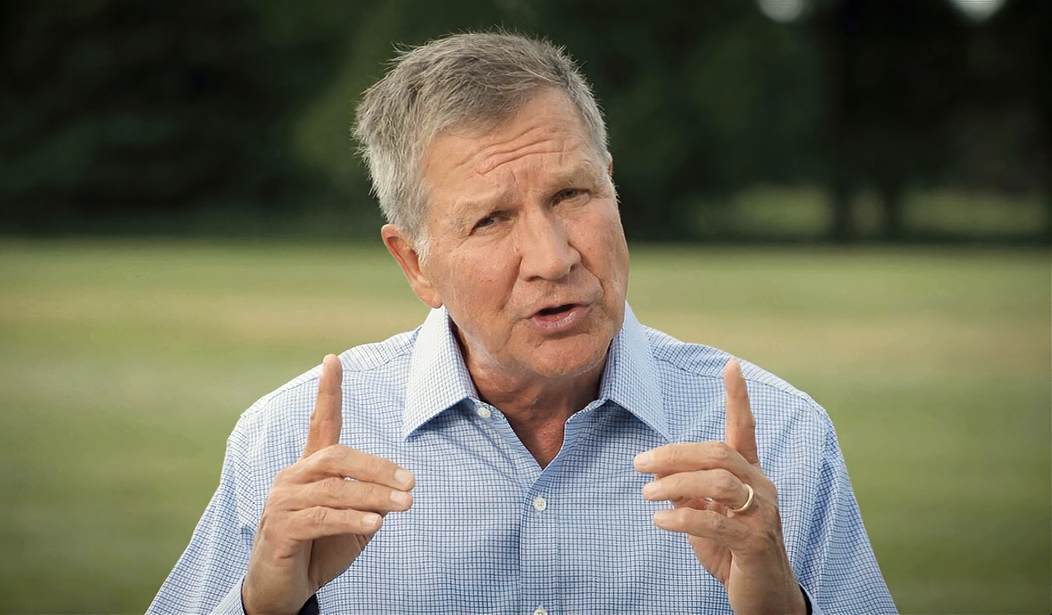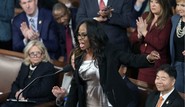Townhall: Breaking Conservative News and Opinion
Advertisement
Members Only
Trending on Townhall Media
Advertisement
Advertisement
Advertisement
Advertisement
Advertisement
Advertisement



































































